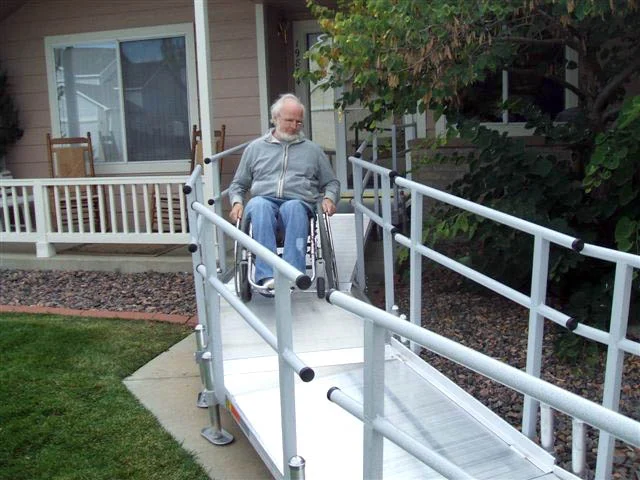Addiction is a disease that affects millions of people worldwide. The opioid epidemic has been particularly devastating, with a significant increase in overdose deaths in recent years. While addiction doesn’t discriminate, women are particularly vulnerable to the disease. However, women are also more likely to seek help and overcome addiction. In this article, we will explore why women are winning the battle against addiction.
The Unique Challenges Women Face in Addiction
Biological Factors
Women are more likely to develop an addiction to drugs or alcohol than men, even when they use smaller amounts. According to a study published in the Journal of the American Medical Association, women who use drugs are more likely than men to experience faster progression from first use to dependence and may be more vulnerable to relapse. This is due to several biological factors, including hormones and metabolism.
Women’s bodies are also more susceptible to the physical effects of drugs and alcohol, making addiction more likely. Unfortunately, the opioid epidemic has sharply increased overdose deaths in many parts of the world. In St. Cloud, opioid addiction treatment is available for those struggling with this disease.

Psychological Factors
Women are more likely to suffer from mental health issues such as depression and anxiety, which can lead to self-medicating with drugs or alcohol. Trauma and abuse are also more prevalent among women with addiction, making recovery more challenging.
Social Factors
Women face unique social challenges that can contribute to addiction, such as gender-based violence, sexism, and economic inequality. Social stigma and shame can also prevent women from seeking help for their addiction.
Why Women Are More Likely to Seek Help
Despite these challenges, women are more likely to seek help for their addiction. Research shows that women are more likely to reach out for support and attend treatment programs than men. So why is this the case?
Strong Support Networks
Women are likelier to have strong support networks, including family, friends, and community groups. These networks can provide emotional support and encouragement to seek help.
Stigma and Shame
While stigma and shame can prevent women from seeking help, they can also motivate women to overcome addiction. Women who have experienced addiction often feel a sense of shame and stigma, which can be a powerful motivator to seek help and overcome their addiction.
Access to Treatment
Women are more likely to have access to treatment programs that address their unique needs, such as programs that provide childcare or support for victims of domestic violence. These programs can help women overcome the unique challenges they face in addiction and increase their chances of success in recovery.
How Women Are Winning the Battle Against Addiction
Despite women’s addiction challenges, they are more likely to seek help and overcome addiction. Here are some of the ways women are winning the battle against addiction:
Increased Awareness and Education
There is a growing awareness of the unique challenges women face in addiction, and more education and resources are becoming available to help women overcome these challenges.
Women-Only Treatment Programs
Women-only treatment programs are more effective than mixed-gender programs for women with addiction. These programs address the unique challenges women face and provide a supportive and safe environment for recovery.
Community Support
Community support groups, such as Alcoholics Anonymous and Narcotics Anonymous, provide women with addiction a sense of community and support. These groups can be a powerful motivator for women to seek help and overcome addiction.
Holistic Approaches
Holistic approaches to addiction treatment, such as mindfulness, yoga, and meditation, are effective for women with addiction. These approaches address the underlying emotional and psychological factors that contribute to addiction and provide women with tools to manage their addiction and improve their overall well-being.
Conclusion
Addiction is a disease affecting millions worldwide, and women are particularly vulnerable. However, women are also more likely to seek help and overcome addiction due to strong support networks, access to treatment, and increased awareness and education. Women-only treatment programs, community support groups, and holistic approaches to addiction treatment are also effective in helping women overcome addiction. Women will continue to win the battle against addiction with continued support and resources.
You may also like to read:
The Power of Women’s Health Empowerment



